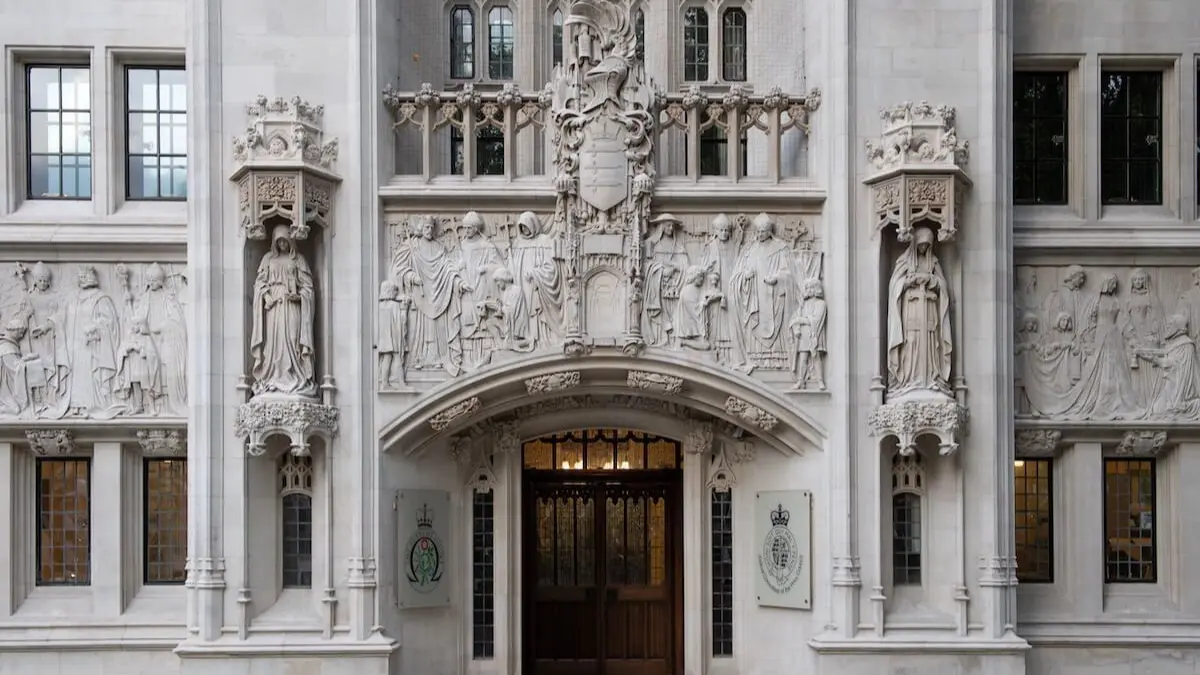Updated 16 April 2025 at 20:10 IST
Trans Women Not Covered Under Equality Act, British Supreme Court Rules
The case originated from a challenge to the Scottish government’s attempt to allow transgender women with GRCs to serve in roles legally reserved for women.
- World News
- 2 min read

The UK Supreme Court has ruled that the terms "woman" and "sex" in the Equality Act 2010 refer specifically to biological women and biological sex.
In a unanimous decision by all five justices, the court clarified that transgender women—even those with a Gender Recognition Certificate (GRC)—are not legally considered women under the Equality Act. This ruling reverses previous efforts by the Scottish government to broaden the legal meaning of the term.
The decision means that transgender women can no longer occupy positions or access spaces set aside for women on public boards in Scotland. It is expected to have wider consequences across the UK, particularly in settings like hospitals and sports clubs.
A Landmark Ruling
The ruling has sparked renewed debate over the balance between transgender rights and protections for single-sex spaces. The case originated from a challenge to the Scottish government’s attempt to allow transgender women with GRCs to serve in roles legally reserved for women.
Advertisement
The Supreme Court dismissed this approach, emphasizing that under current UK law, the Equality Act distinguishes individuals based on biological sex, not gender identity.
Government Welcomes the Decision
In response, the UK government welcomed the ruling, describing it as a move that ensures clarity for both women and service providers.
Advertisement
“We have always supported the protection of single sex spaces based on biological sex,” a government spokesperson said. “Single-sex spaces are protected in law and will always be protected by this government.”
Potential Ramifications
Legal experts say the decision could lead to more stringent rules around who can access women-only services and facilities. It may also prompt calls for a broader overhaul of UK laws governing gender recognition and equality protections.
Critics of the ruling have raised concerns about its impact on the rights and dignity of transgender individuals. Supporters, however, argue that it restores legal clarity and upholds important safeguards for women.
As the UK navigates these complex social and legal questions, the ruling has firmly re-established that, in the eyes of the law, “woman” means biological woman.
Published By : Sagar Kar
Published On: 16 April 2025 at 20:10 IST
